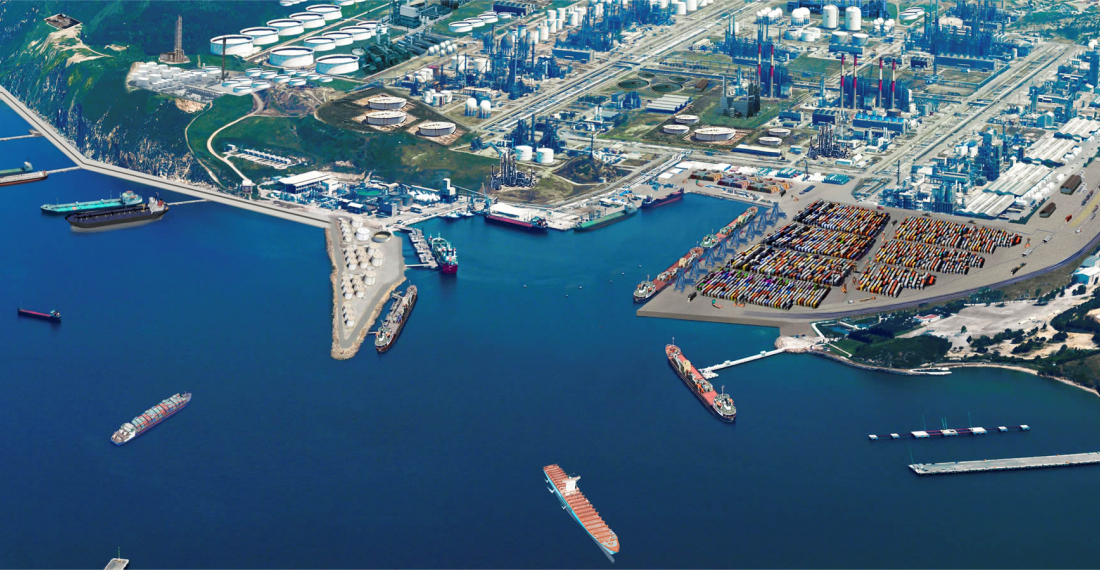One of Azerbaijan's largest overseas investments - the Star oil refinery built by the Azerbaijani state oil company SOCAR in Turkey, will bring a net profit of hundreds of millions of dollars for Azerbaijan and SOCAR, according to SOCAR sources cited by Trend News Agency
"We are gradually carrying out commissioning works and it is expected that this year the oil refining complex will reach full production capacity. This allows us to move from the project development stage to operations when the project starts to generate revenue," the company said.
SOCAR noted that the new refinery focuses on the huge potential of the Turkish market.
The plant, costing USD 6.3 billion, was built by SOCAR in the Aliaga district of the Turkish city of Izmir and started operations in October 2018.
"The refinery will help Turkey reduce its trade deficit by replacing a significant part of the currently imported products with local production. The Star refinery will also bring a net profit of hundreds of millions of dollars for Azerbaijan and SOCAR. Integration with other SOCAR facilities on the Aliaga peninsula will also increase the efficiency of petrochemical production. Star refinery will supply our petrochemical complex Petkim with naphtha, which has so far been imported from abroad, "the state oil company said.
The total oil refining capacity of the plant will be 10 million tons once the plant is working at full capacity. SOCAR is expected to supply oil and other related raw materials for the company.
The Star oil refinery is one of the largest foreign investments ever to be made in Turkey, and it is also becoming a symbol of friendship and co-operation between the two countries. Azerbaijan however also sees the investment as a sound business venture, and at a time of uncertainty in oil markets, revenue from investments such as the Star refinery will provide SOCAR and Azerbaijan with an alternative source of revenue.
source: commonspace.eu with Trend news agency
photo: The SOCAR Star oil refinery in Izmir, Turkey (archive picture)






